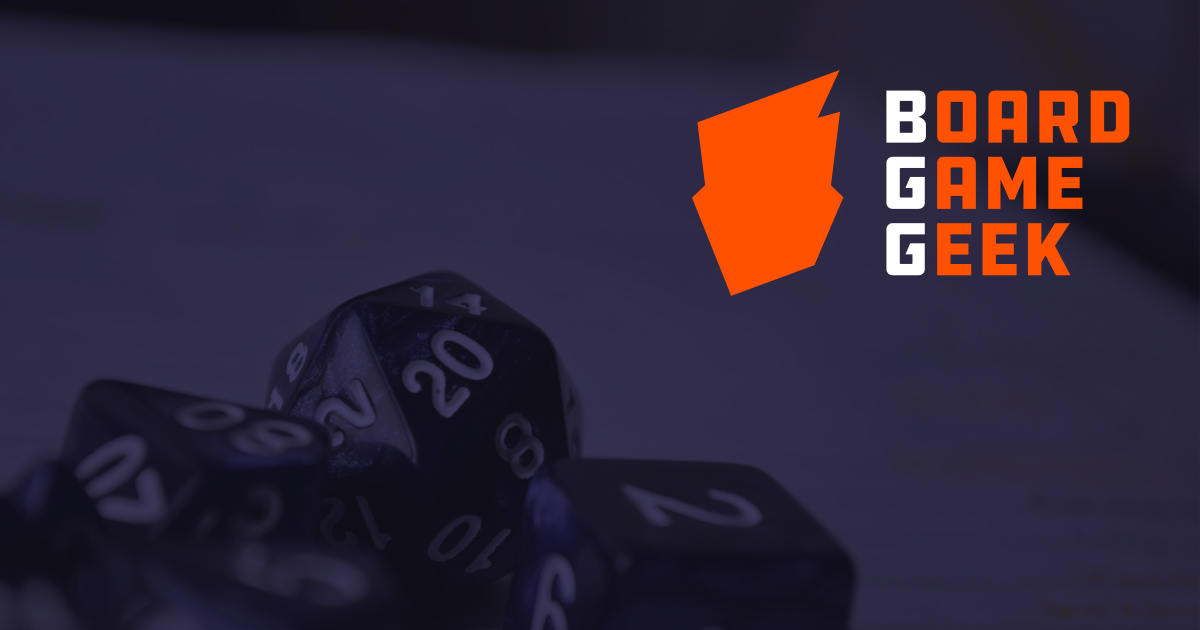I do not enjoy games where it is impossible to lose. Where whilst I may face minor setbacks or obstacles or loss, if I cannot truly LOSE the game then my choices feel empty. After all, any choice at all leads to an eventual victory in some form or another.
Alright. Let's pick this apart some, then.
Is death the only form of loss you would consider permanent?
I argue that there are other forms of loss, and threat, with permanent effects, that while they might be
interpretable as being focused on fear, any fear involved is a side, a byproduct. I've given various examples, but here's some in brief form:
Beloved NPC is hurt, killed, or corrupted
Personal goal becomes impossible (e.g. "become a professor at Strixhaven" is nixed if Strixhaven is destroyed)
Sophie's Choice (e.g. "if I save my mother, my nemesis will destroy the only evidence of his crimes")
What You Are in the Dark scenario (you
could kill the rightful heir and become king...but can you live with the guilt?)
Agonizing over what to do (from the game I run: "Do I take an evil power to help someone I love, or have them keep it to avoid temptation?")
Imminent danger that may come to pass
for others (e.g. a plague strikes your home city, if you succeed it's cured, if you fail many will die)
Tragic/painful sacrifice (your initial attack failed...but if you break the staff of power you worked SO hard to get, you might kill the BBEG)
None of these require that the character die, and they aren't really about fear, but rather about deciding what you value most, about deciding where your affections lie, or about seeing the things you're enthusiastic for suffer. In many cases, there's little or nothing that can be done to reverse the damage; you might
rebuild from it, but whatever you build will be a new thing taking the old thing's place, not a sweet and simple resurrection of the old. Even if you redeem your beloved NPC friend, they'll never be quite the same, and they'll have to regain the trust of others. Even if you do manage to find a cure for the plague a year later, there's no way you can resurrect
all of its victims, and the proverbial scars it will leave on the people and the land will linger for generations. If you fought hard to earn the crown, having to abdicate in order to save the people of your country from war could be a
horribly devastating loss, even though all it does is remove a title from your name.
These, to my mind, are much more interesting losses than "your character dies." Obviously, that won't apply to everyone. But I have definitely seen, here and elsewhere, a trend toward saying that the ONLY loss that ever
truly matters is character death, and everything else is unimportant. There's even a degree to which your own post can be read that way!


/pic7376874.jpg)